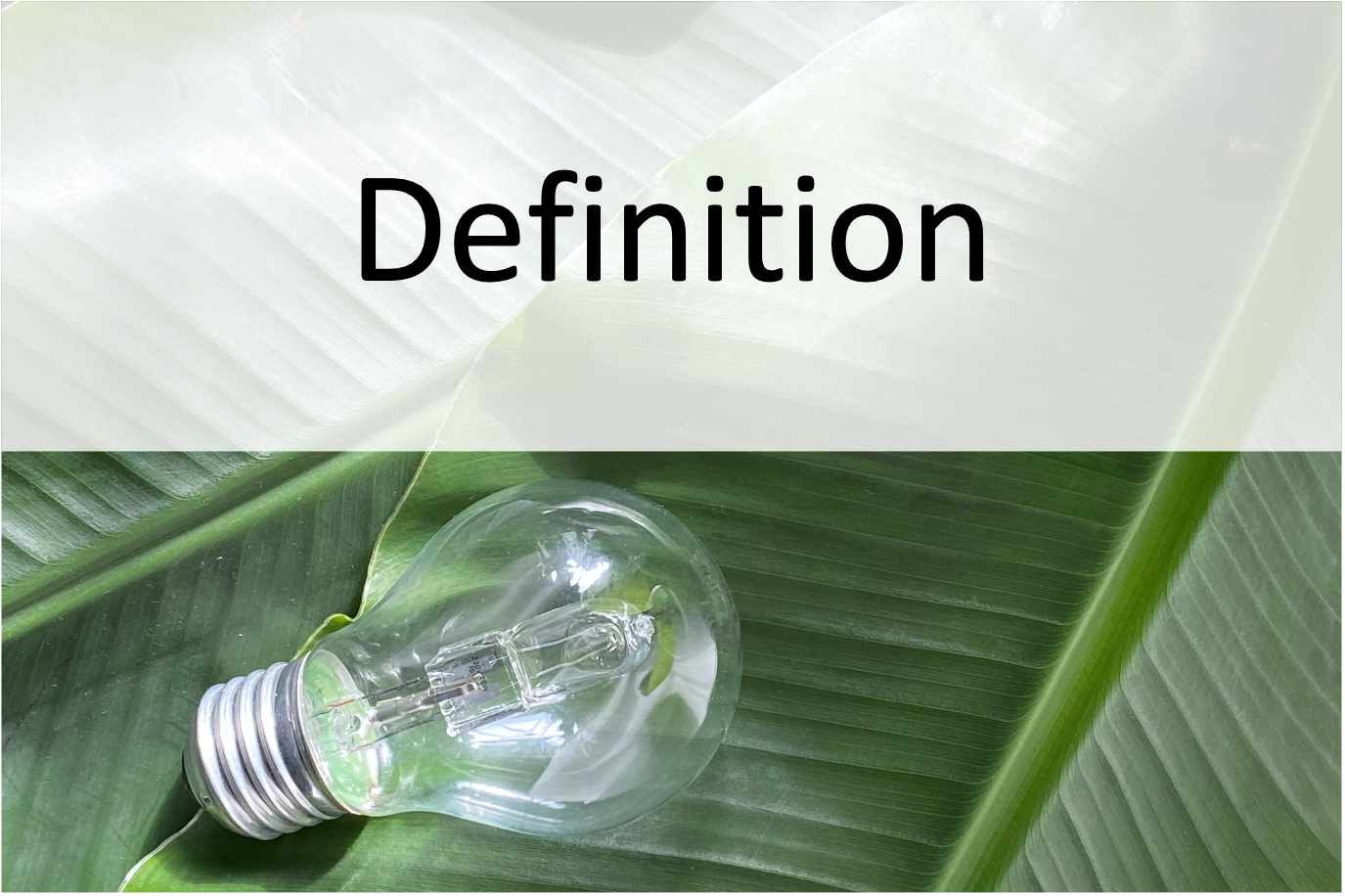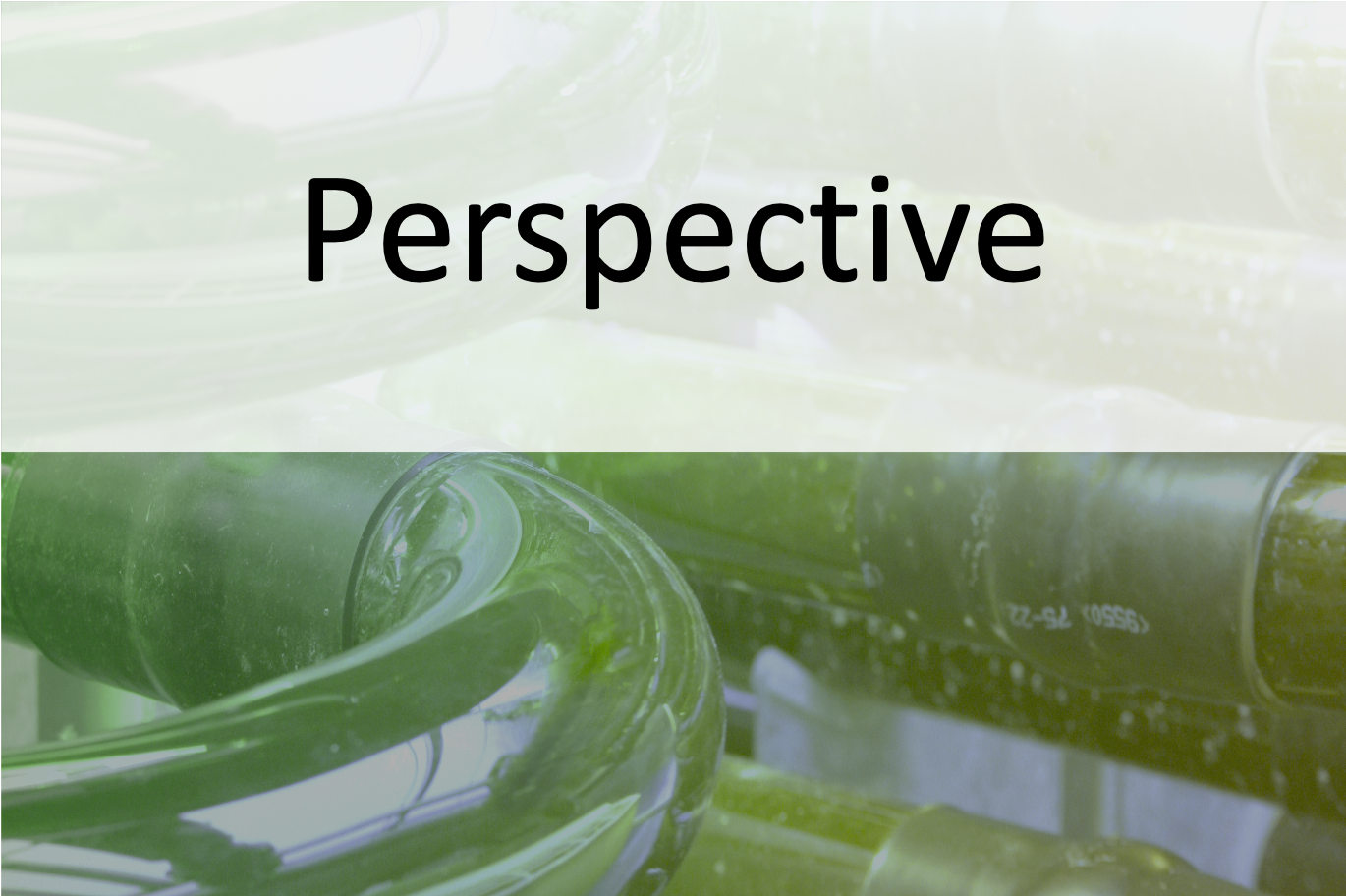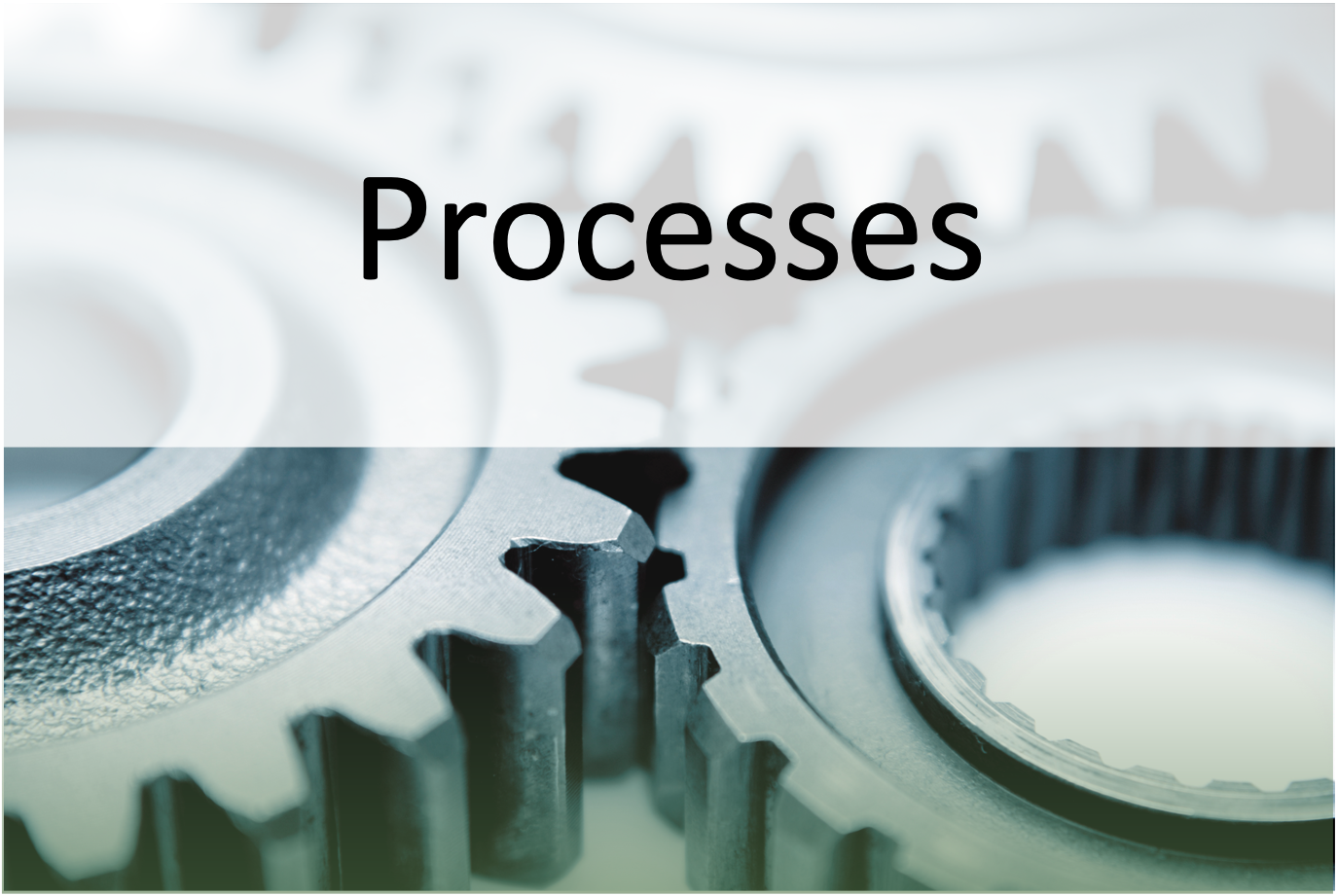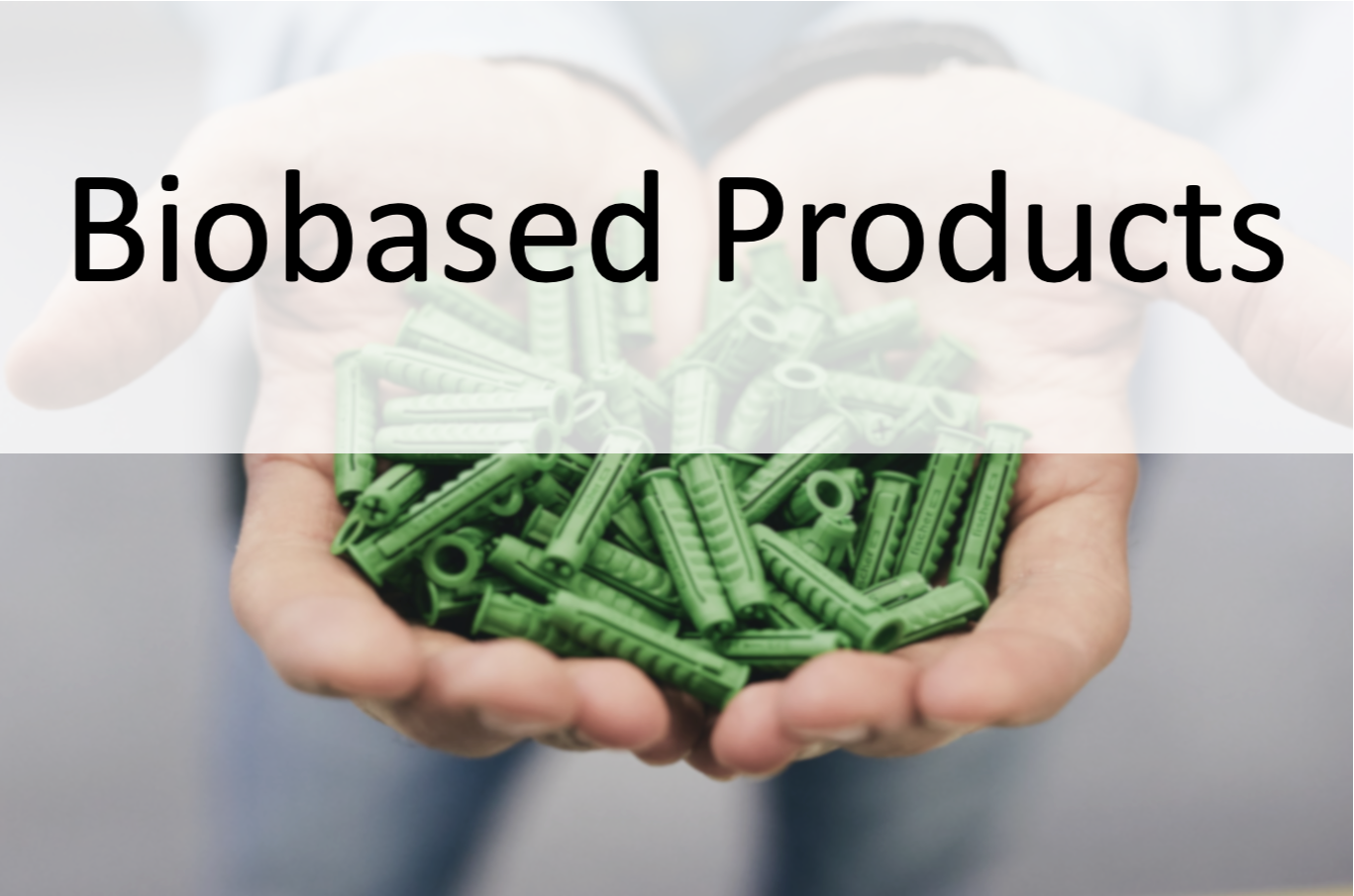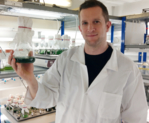
Environmentally friendly alternative to fossil natural gas: methane from biomass
In cooperation with the research unit of the German Technical and Scientific Association for Gas and Water (DVGW), KIT researchers have built a pilot plant in which biogas produced by fermenting residual organic materials can be upgraded to synthetic methane (synthetic SNG). Biobased methane is not only a sustainable energy source for the heating and transport sectors, but also opens up new opportunities for temporary storage of renewable…

